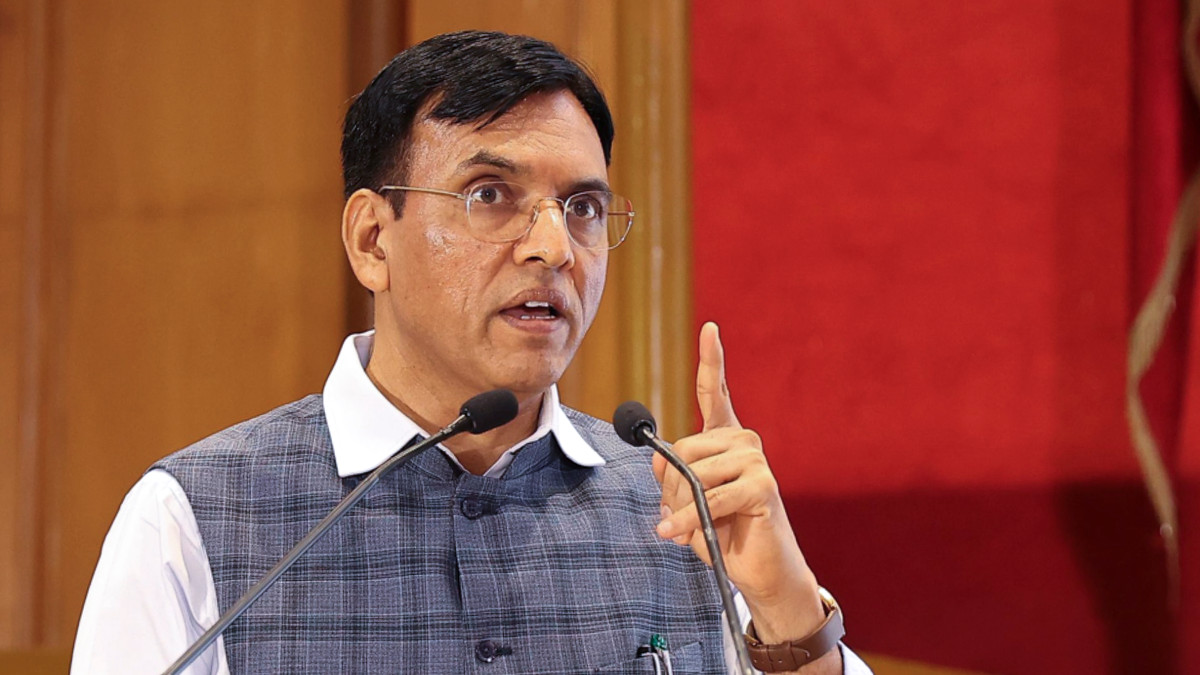In a landmark moment for Indian sport, the National Sports Governance Bill was passed in the Lok Sabha on Monday, nearly three weeks after it was introduced in the lower house of the Parliament .
The law was hailed as the “single biggest reform in Indian sports since independence” by Union Sports Minister Mansukh Mandaviya amid protests from the Opposition over the revision of electoral rolls in Bihar. Also introduced on the same day was the National Anti-Doping (Amendment) Bill, 2025, after the Lok Sabha reassembled at 2 pm after an early adjournment due to the protests.
So what exactly are the two sports bills passed in Monday all about? Here’s are some of the key features:
BCCI remains immune to RTI Act
The spotlight was firmly on the Board of Control for Cricket in India (BCCI), which is the weathiest cricket board in the world and sports organisation in India, when the National Sports Governance Bill was introduced in the Lok Sabha last month. The big question at the time was whether the BCCI would finally come under the ambit of the RTI Act in order to become more transparent and accountable.
The cricket board had vehemently opposed its inclusion in the RTI Act and has since got its way, with the Sports Ministry amending the bill to ensure that only those organisations that receive government funding or support will come under the act.
National Sports Board to oversee functioning of individual federations
The Bill also seeks to form a National Sports Board (NSB) in order to create a stringent system of accountability. Going forward, all National Sports Federations (NSFs) will have to attain the NSB’s recognition if they are to receive funds from the central government.
The NSB will have the power to de-recognise a national federation if they fail to hold elections for its Executive Committee or have committed “gross irregularities in the election procedures”, or have failed to publish annual audited accounts or have “misused, misapplied or misappropriated public funds”.
While the BCCI has avoided the RTI Act for now, it will come under the NSB’s ambit for a change.
And in a departure from the National Sports Code that had set an age cap of 70 years, administrators can contest elections in NSFs up to the age of 75 if the international bodies’ statutes and bylaws allow for it.
Impact Shorts
More ShortsNational Sports Tribunal to settle disputes
The National Sports Tribunal (NST) will be separate from the National Sports Board. While the latter will be setup to monitor the functioning of the individual sports federations, the NST will be setup exclusively to solve sporting disputes in the country.
The Tribunal will have the powers of a civil court and will decide disputes ranging from athlete selection to federation elections. Once setup, the NST’s decisions will only be challenged at the Supreme Court.
The NST thus could be viewed as India’s equivalent of the Court of Arbitration for Sport (CAS), the Lausanne-based body solving sporting disputes at a global level.
WADA’s suggestions to be implemented through anti-doping bill
The National Anti-Doping (Amendment) Bill 2025 seeks to incorporate changes sought by the World Anti-Doping Agency after the Montreal-based global governing body had earlier objected to “government interference” in the National Anti-Doping Agency (NADA).
The Act had originally been passed in 2022 but was put on hold after WADA objected to the institution of a National Board for Anti-Doping in Sports – which would have had the power to make recommendations to the government on anti-doping regulations and even issue directions to NADA.
The Board has since been retained in the amended bill, but without the power to oversee NADA or its advisory role to the government, citing “operational independence” for the latter.
)